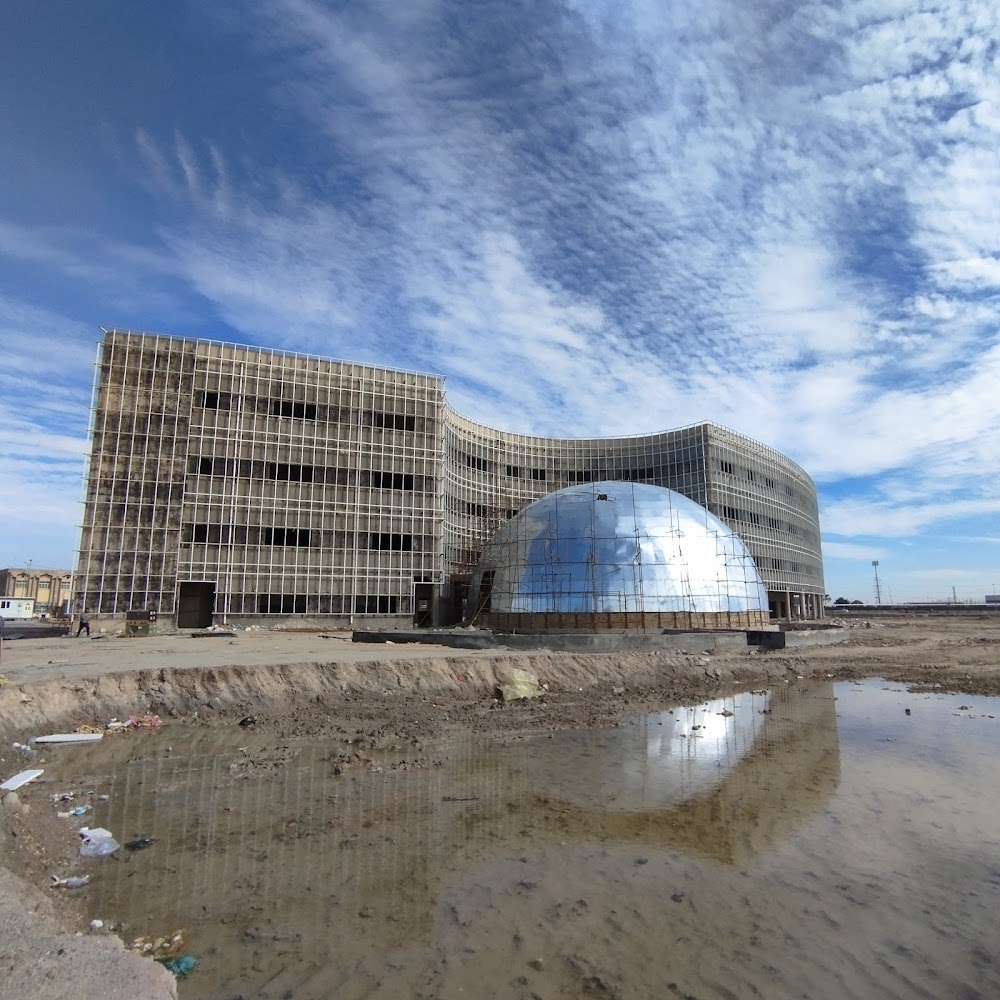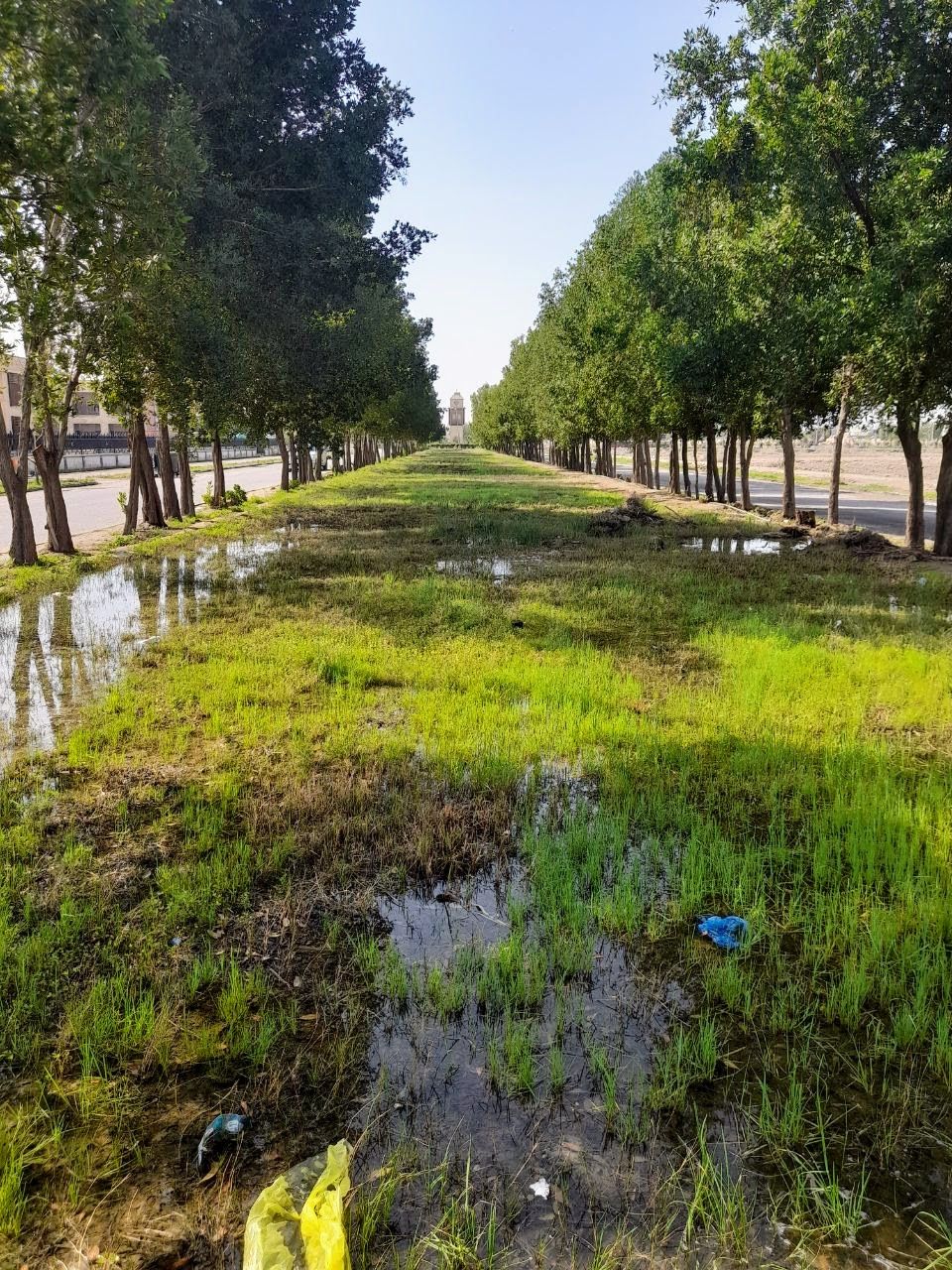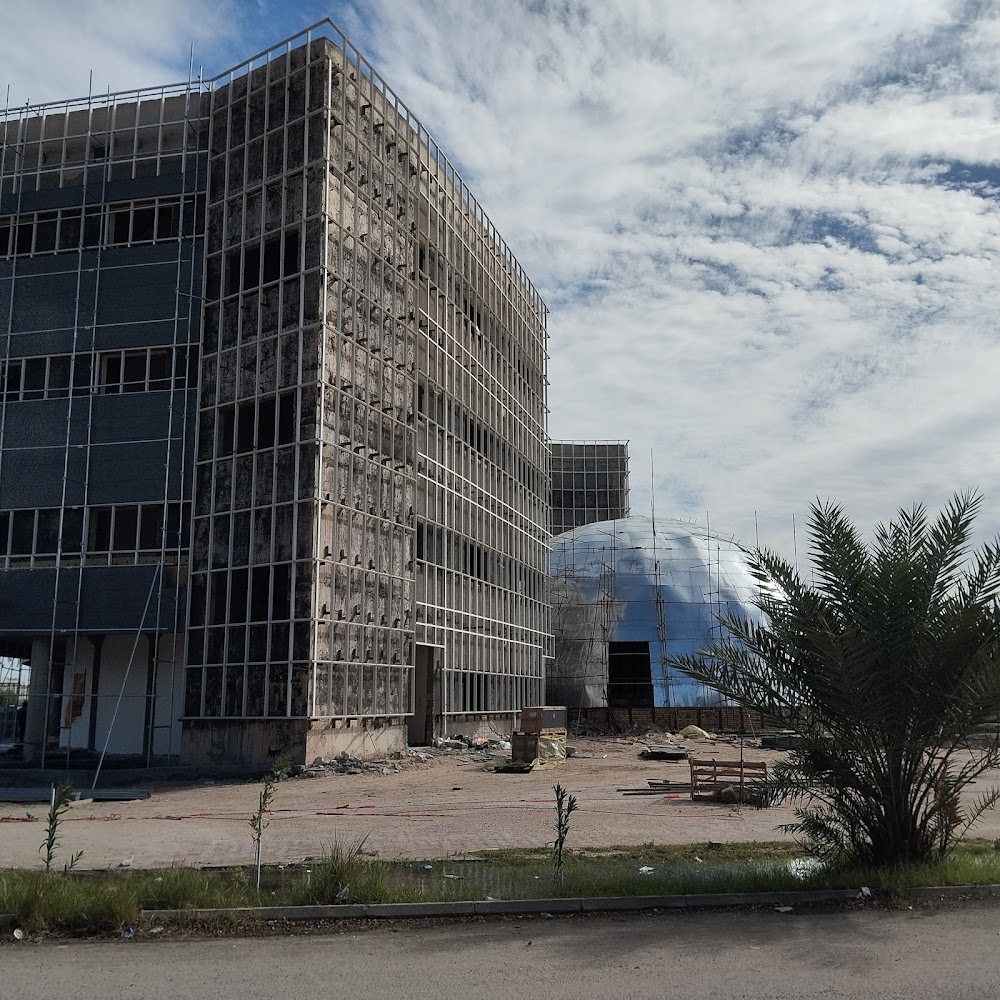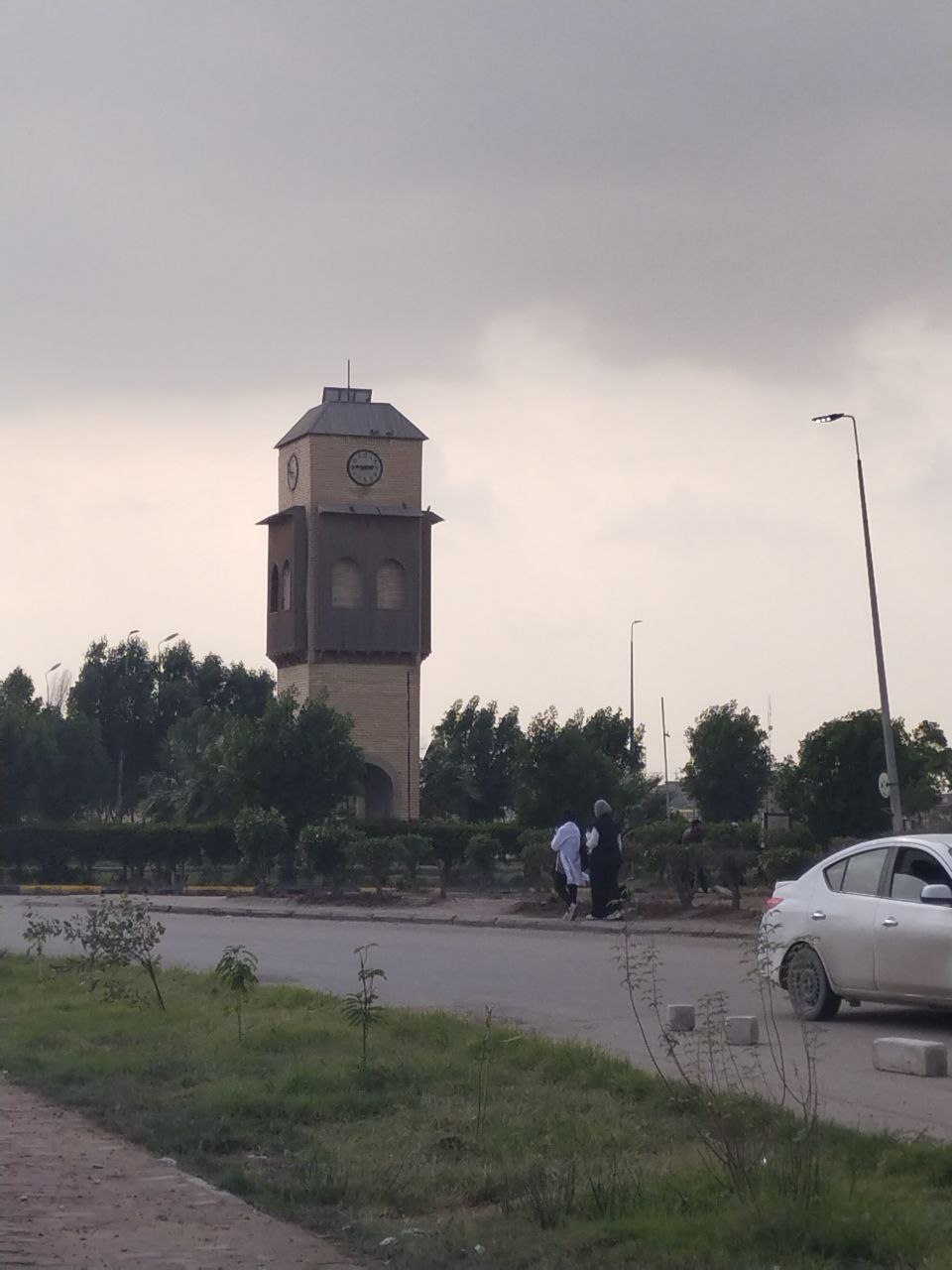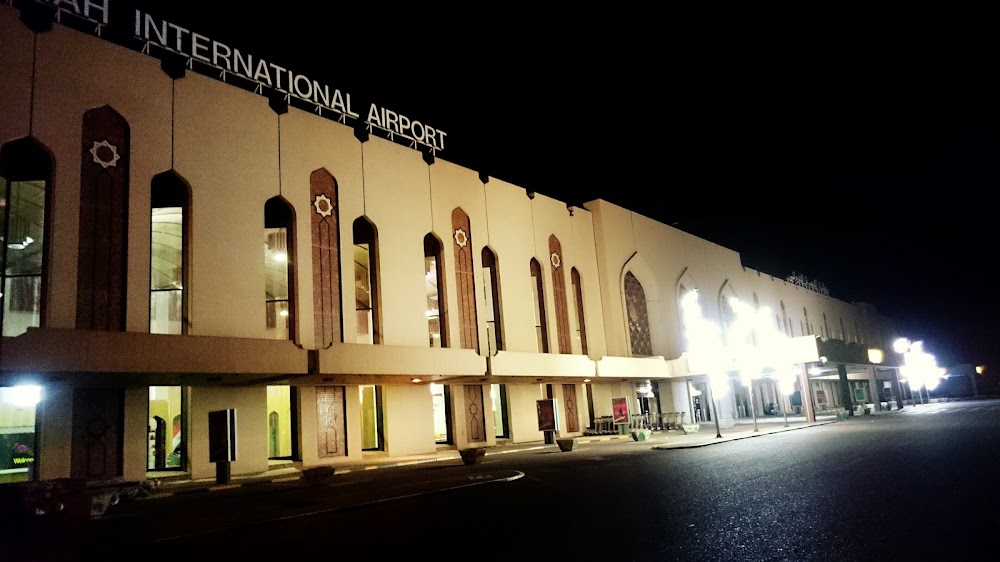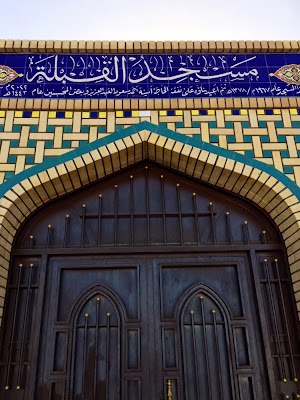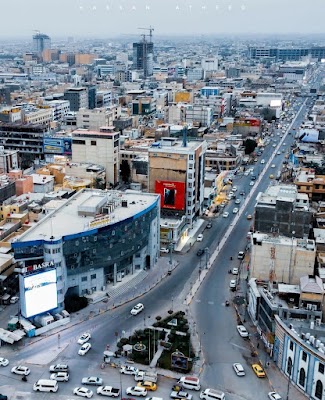University of Basra (جامعة البصرة)
Overview
The University of Basra, situated in the dynamic city of Basra, Iraq, stands as one of the country's leading educational institutions. Founded in April 1964, it emerged during a pivotal era marked by a national commitment to enhancing higher education in Iraq. The establishment of the university was fueled by a collective aspiration to create a vibrant academic environment that would nurture local talents and drive the nation forward.
The vision for the University of Basra took shape with the laying of its foundation stone, aiming to establish a center of excellence in both education and research. A collaborative effort among architectural experts, seasoned engineers, and educational consultants resulted in a meticulously planned campus designed to facilitate learning and foster intellectual growth. Initially, the university commenced with two colleges: the College of Arts and the College of Science, which set a strong precedent, attracting students and faculty eager to embark on scholarly endeavors.
The construction of the university involved intricate planning and phased development. The initial focus was on building essential infrastructure, including lecture halls, libraries, laboratories, administrative offices, and dormitories. These facilities were crucial for accommodating the increasing number of students and faculty members. Architects drew inspiration from both contemporary design principles and traditional Iraqi aesthetics, creating a campus that beautifully blends modern functionality with cultural heritage.
As the years progressed, the University of Basra underwent significant expansion. Additional colleges and departments were introduced, covering a diverse range of disciplines such as engineering, medicine, pharmacy, agriculture, law, and business administration. This growth was aimed at addressing the educational needs of the region and providing students with opportunities to specialize in various fields of study. The university also established numerous research centers to encourage innovation and tackle local and national challenges.
A noteworthy milestone in the university's development was the formation of partnerships with international universities and institutions. These collaborations not only facilitated the exchange of knowledge and research practices but also enriched the curriculum and introduced new pedagogical methods. Students and faculty benefited from these partnerships, gaining invaluable international exposure and resources.
In response to its growing student body, the University of Basra prioritized student services and extracurricular activities. Sports facilities, cultural clubs, and student organizations were established to ensure a well-rounded educational experience. The university library was enhanced with extensive collections and digital resources, transforming it into a vital hub for students and researchers alike.
The University of Basra has played an essential role in the socio-economic development of Basra and the broader region. Its graduates have emerged as influential figures across various sectors, including academia, industry, healthcare, and government. The university's commitment to community engagement and societal development is illustrated through its many outreach programs, health campaigns, and environmental initiatives.
Despite facing numerous challenges over the years, including periods of political instability and conflict, the University of Basra has remained steadfast in its mission. It has continually adapted and evolved to meet the educational needs of its students and the developmental requirements of the nation.
The remarkable journey of the University of Basra—from its inception to becoming a beacon of knowledge and progress in Iraq—exemplifies the power of vision, perseverance, and collaboration. Today, it stands as a testament to the enduring spirit of education and its profound impact on society.


